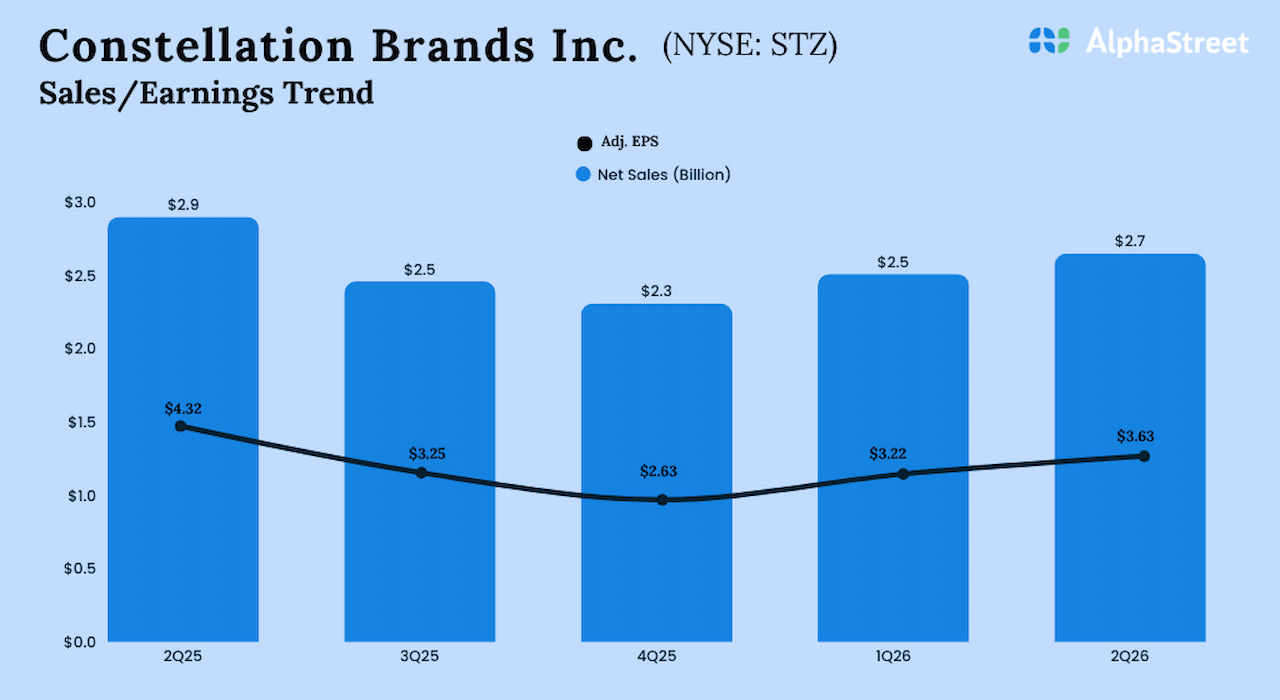Medicare Part D covers prescription drugs. Medicare sets the rules for Part D plans, which are sold by private companies. However, federal law currently prohibits Medicare from negotiating lower prescription drug prices.
A new law that passed in August 2022 will allow Medicare to start prescription drug price negotiations, but not right away.
Here’s what you need to know about how Medicare prescription drug price negotiations work now and what’s changing over the next few years.
Why can’t Medicare negotiate drug prices?
The act that created Medicare Part D also prohibited Medicare from negotiating lower prescription drug prices.
Medicare Part D plans were first available in 2006, a few years after the program was created by the Medicare Prescription Drug, Improvement, and Modernization Act of 2003, or MMA.
The MMA included a “noninterference” provision, which states that Medicare can’t do any of the following:
-
Interfere in prescription drug price negotiations between the insurance companies that offer Medicare prescription drug coverage, drug manufacturers and pharmacies.
-
Require that Part D plans cover one specific formulary, or list of covered drugs.
-
Set prices for covered Medicare Part D drugs.
Bills to give Medicare the power to negotiate Part D prescription drug prices have been introduced in every session of Congress since the start of Medicare Part D, but none were successful until 2022.
When will Medicare start negotiating drug prices?
President Joe Biden signed the Inflation Reduction Act into law in August 2022. That act gives Medicare the power to negotiate certain prescription drug prices for the first time.
Medicare will negotiate prices for a limited number of drugs each year starting in 2026: 10 drugs in 2026, 15 total in 2027, 15 total in 2028 and 20 total each year from 2029 on.
Which Medicare Part D drugs will have negotiated prices?
Medicare will negotiate prices for qualifying brand-name prescription drugs on which it has spent the most money. The costliest medications include drugs to treat the following, according to data for 2020 from the Centers for Medicare & Medicaid Services:
What other changes are coming for Medicare Part D?
Other soon-to-be-implemented Medicare Part D reforms in the Inflation Reduction Act include the following:
If you have additional questions about Medicare, visit Medicare.gov or call 800-MEDICARE (800-633-4227, TTY 877-486-2048).








































